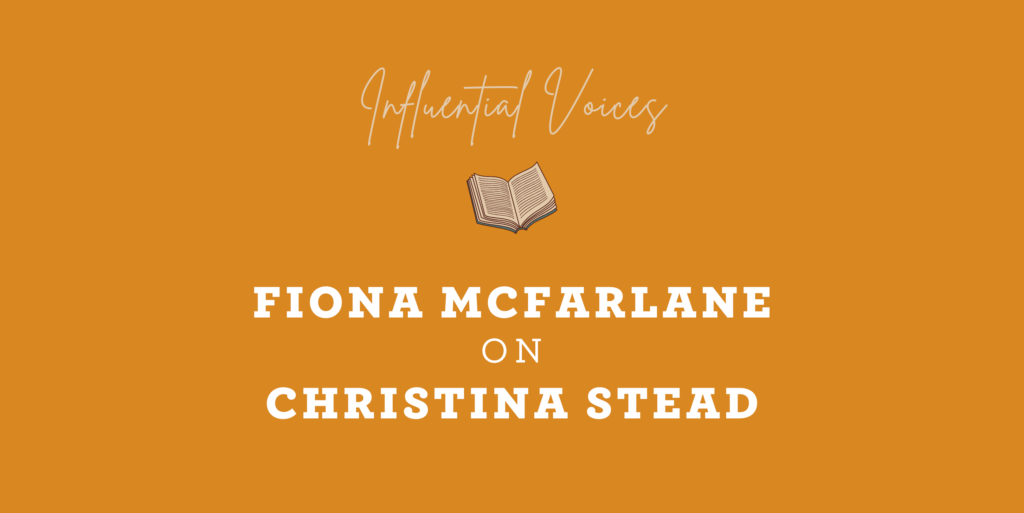
I first read Christina Stead in the second year of an Arts degree at Sydney University; I was taking a class on Australian Women Writers and For Love Alone (1945) was one of our texts.
Stead’s protagonist, Teresa Hawkins, is determined to leave Sydney for England. While her friends stayed home and married, she would:
… sail the sea, leave her invisible track on countries, learn in great universities, know what was being said by foreign tongues, starve in cities, tramp, perhaps shoeless, along side roads, perhaps suffer every misery, but she would know life.
And this appealed to me, at 18; perhaps not the shoelessness, but the sailing, the countries, the great universities.
Teresa was so determined to get to London she saved the money she might have spent on tram fares by walking from Circular Quay to her factory job in Surry Hills and back again:
She was walking her way to England … by the time she sailed she would have walked just 3,000 miles.
Stead made the same walk, and the same trip to England. I made this walk too, more than once, on days when the weather was fine, thinking of Teresa: her determination, her horrifying discovery that the money she saved by not taking the tram was being eaten up by the constant need to re-sole her shoes.
I was working in a children’s shoe shop at the time, saving up for my own first overseas trip, and customers often came in with worn soles to be repaired; those were the shoes that walked my way to Europe. But Teresa’s walk from Surry Hills to the Quay — and my replications of it — meant more than just the way to London.
It was also the way to publication: the long, exhausting, lovely road, the weighing of costs, the promise of a future as a writer. It hasn’t surprised me to learn of three other Australian writers — all women — who also re-enacted Teresa’s walk. I’m sure there are more than four of us. Stead writes so beautifully, so truly, of effort.
She also writes beautifully of Sydney. After For Love Alone, I attempted her first novel, Seven Poor Men of Sydney (1934), and abandoned it. I found it too strange, wandering, itchy and polemical. It’s gorgeous and difficult; I wasn’t ready for it. At 24, I moved to England to study — here was my sea, my countries, my great university — and discovered that reading Stead as an expatriate felt quite different.
I tried Seven Poor Men of Sydney again and found that I had endless patience with its rants and ecstasies because I was in love with the way it was in love with Sydney. I wanted to write Sydney the way Stead did; the way she recognised and understood it, even though she’d left. That began to seem possible.
Of course, Stead didn’t only write Sydney. Her most famous novel, The Man Who Loved Children (1940), is based on her Sydney childhood but is set in the US, where she moved with her American husband in 1937. It’s a brilliant, ramshackle, beautiful, thickety book — not nearly as unfocused as Seven Poor Men, but still over-stuffed with detail and event, with bizarre monologues and private languages. Imperfect! That imperfection was such a relief: to see that a book could be flawed and still brilliant; that those flaws might be part of what makes the book live.
There are few writers — anywhere, not just in Australia — with Stead’s range, her courage, and her passionate, intelligent engagement with beauty and difficulty. But I’m glad she’s ours.
About the Writer
Fiona McFarlane is the author of The Night Guest, shortlisted for the Miles Franklin Award, the Stella Prize and Prime Minister’s Literary Award. Her first novel was recently named joint winner of the Barbara Jefferis Award for 2014. She lives in Sydney.
